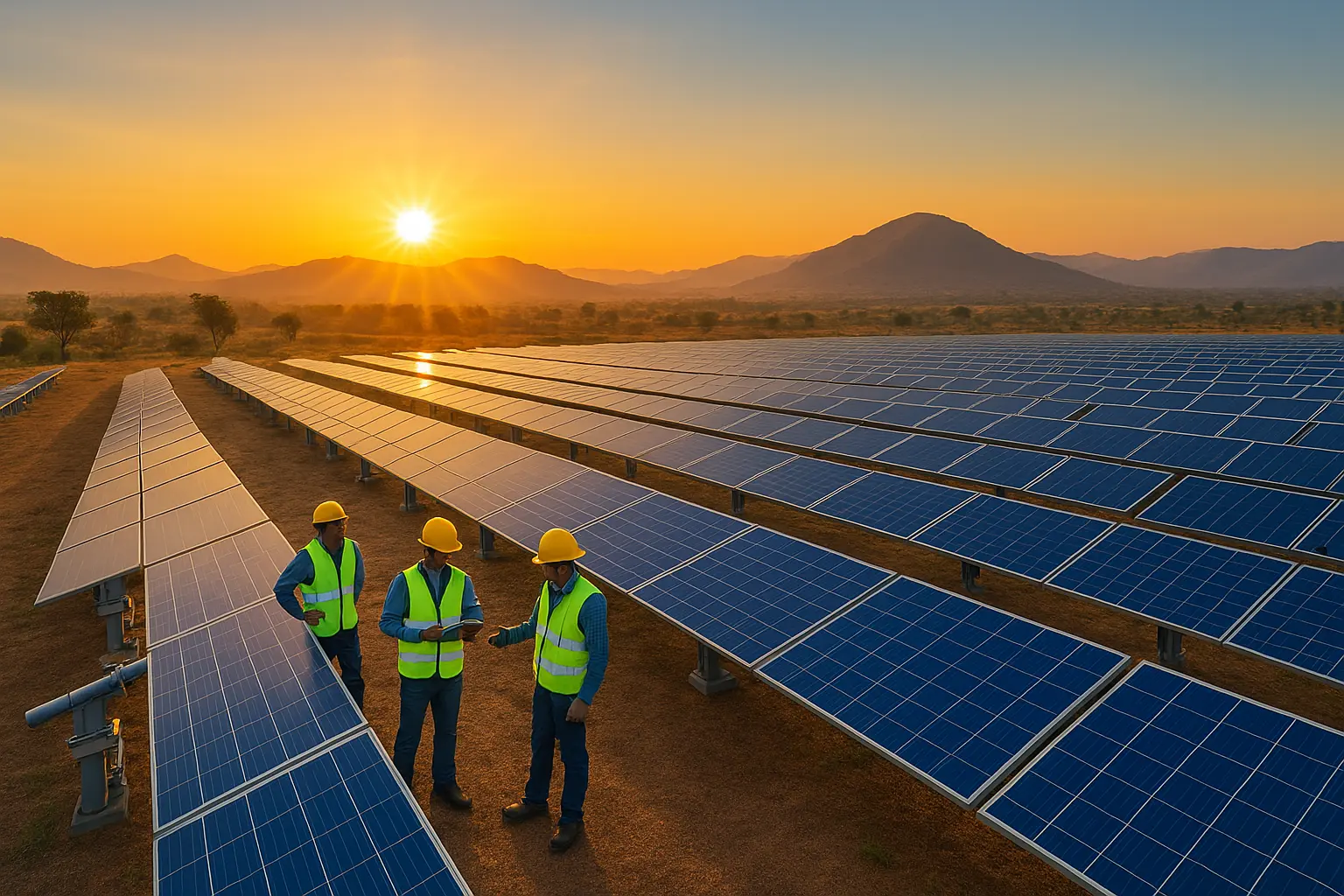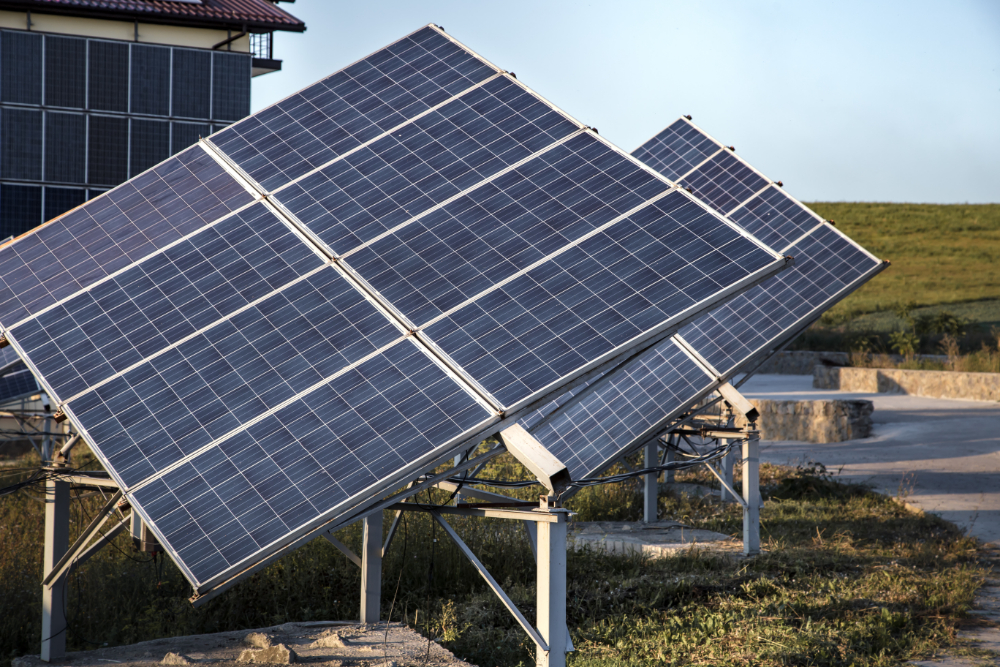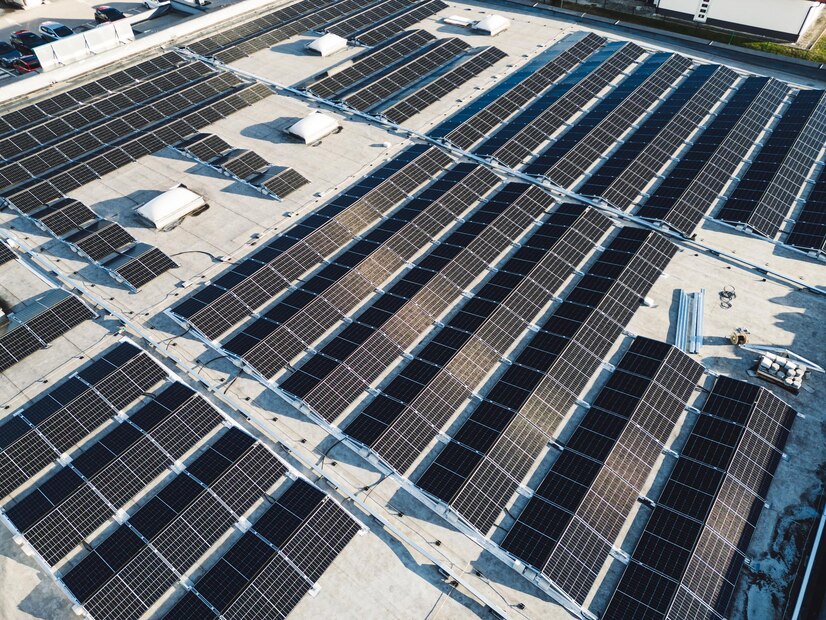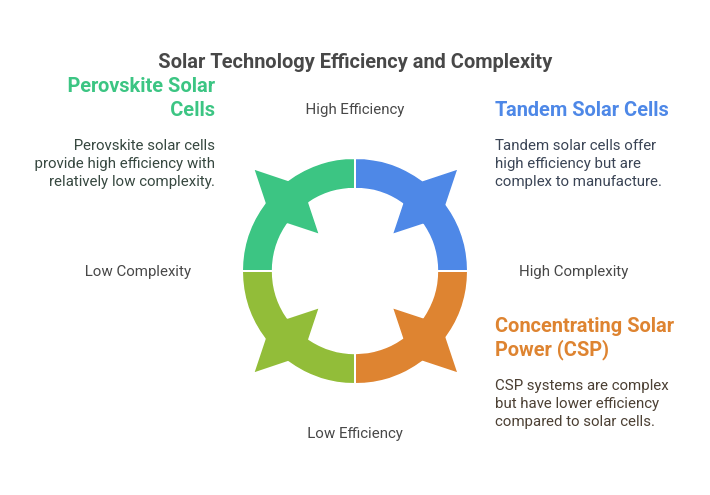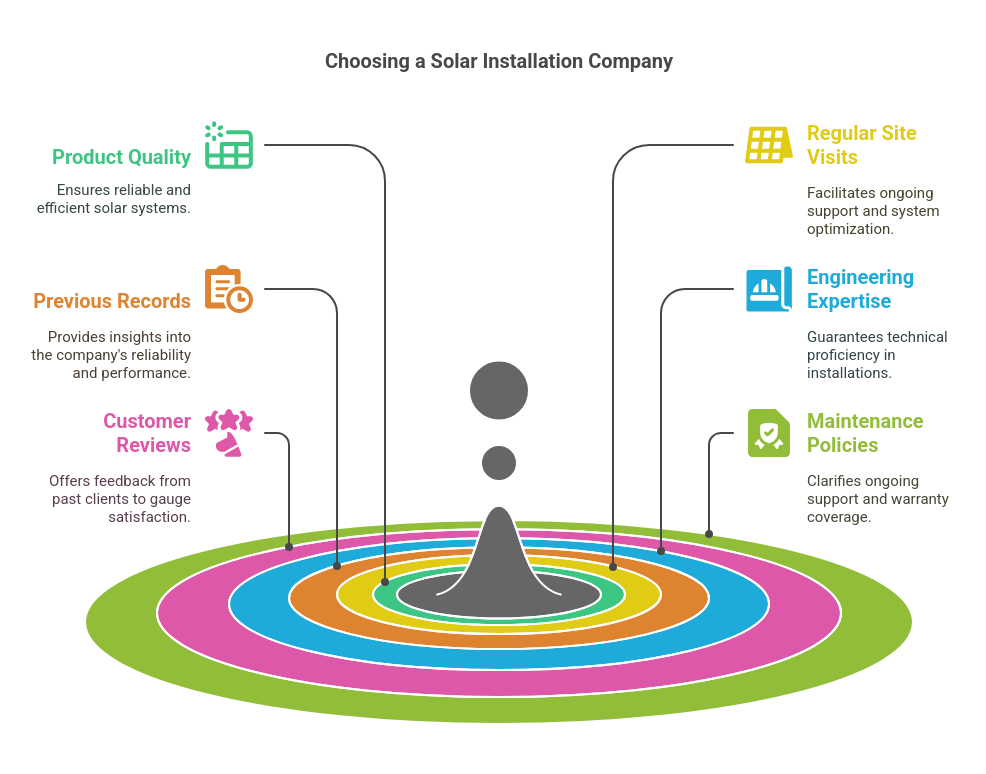India is becoming a global leader in solar power adoption thanks to its dedication to renewable energy. The country is making quick progress towards a sustainable energy future thanks to a lot of sunshine and encouraging government regulations. This blog post examines how India is achieving its renewable energy targets by examining the development, trends, and technological advancements influencing the future of solar power in India.
India’s Solar Growth Story
The solar journey that India has on has been nothing short of revolutionary. Solar energy has evolved over the last ten years from a specialised power source to a key component of the nation’s renewable energy policy.
Current Solar Energy Statistics in India
As of October 31, 2024, India’s total installed renewable energy capacity, excluding hydropower, reached approximately 203.18 GW, with solar power contributing about 92.12 GW. This remarkable progress reflects the country’s dedication to expanding its renewable energy infrastructure.
India’s Renewable Energy Targets
The Indian government has set an ambitious target of achieving 500 GW of renewable energy capacity by 2030, with solar power playing a significant role. Achieving this milestone will place India among the top nations globally in renewable energy capacity.
Important Trends Affecting India’s Solar Energy in Future
The future of solar energy in India is influenced by multiple emerging trends that promise to revolutionise the energy sector.
Expansion of Solar Parks and Grid Infrastructure
India is leading the way in solar expansion with large-scale solar parks. These parks offer the necessary space and infrastructure for the establishment of several solar power plants, which lowers developer costs and increases efficiency.
In the Solar Park Scheme, India aims to build 50 Solar Parks with a combined capacity of approximately 38 GW by 2025–2026, each measuring 500 MW or more. Building infrastructure to enable these advancements and guarantee the dependable transmission of solar power has been made possible in large part by businesses like Hartek Group.
Decentralised Solar Solutions: Rooftop and Community Solar Programs
Decentralised solar solutions, especially rooftop solar installations, are increasing in popularity among consumers in business settings. One of the leading rooftop solar installers in India, Hartek Solar is a part of the Hartek Group and assists homes and businesses in switching to cleaner energy sources.
In addition to rooftop solutions, community solar programs are empowering rural areas to access affordable and sustainable electricity.
Solar-Powered Agriculture Through PM-KUSUM
The Pradhan Mantri Kisan Urja Suraksha evam Utthaan Mahabhiyan (PM-KUSUM) scheme has transformed the agricultural sector by promoting solar-powered irrigation. Farmers can install solar pumps and grid-connected solar power plants, reducing dependence on diesel pumps while earning income by selling surplus power.
Technological Advances Driving the Future of Solar Power in India
Technological innovation plays a crucial role in shaping the solar energy future in India, enabling greater efficiency and sustainability.
High-Efficiency Solar Panels and Bifacial Technology
Solar panels with high efficiency, such as those using bifacial technology, are revolutionary. These panels increase energy output and lower the cost per unit of electricity generated by capturing sunlight from both sides. Their use in rooftop installations and solar parks is growing faster.
Energy Storage Innovations: Batteries and Hybrid Systems
Energy storage solutions are vital for addressing the intermittent nature of solar power. Advanced battery systems and hybrid energy setups ensure a stable supply of electricity, even during periods of low sunlight.
As part of their commitment to innovation, Indian companies are exploring cost-effective battery technologies that can be integrated into the India power grid, enabling better management of renewable energy resources.
Integration of AI and IoT in Solar Grid Management
The integration of Artificial Intelligence (AI) and the Internet of Things (IoT) in solar grid management enhances efficiency and reliability. These technologies facilitate real-time monitoring, predictive maintenance, and optimisation of energy production and distribution.
Focus on Recycling and Sustainability
As solar installations grow, so does the need for sustainable manufacturing and recycling of solar panels. Efforts to recycle end-of-life solar panels and minimise environmental impact are gaining momentum, aligning with global sustainability goals.
Solar Energy in Future: Vision 2030 and Beyond
Alignment with Net-Zero Goals
India’s solar energy sector is integral to its net-zero emissions commitment by 2070. Continued investment in solar infrastructure will drive the nation toward its environmental and energy goals.
Emergence as a Global Solar Manufacturing Hub
With supportive policies and growing demand, India has the potential to become a global leader in solar manufacturing. This shift will contribute to economic growth, job creation, and energy security.
Opportunities for International Collaboration
India’s solar sector offers opportunities for international partnerships, fostering technological exchange and attracting investments that will accelerate solar adoption across the country.
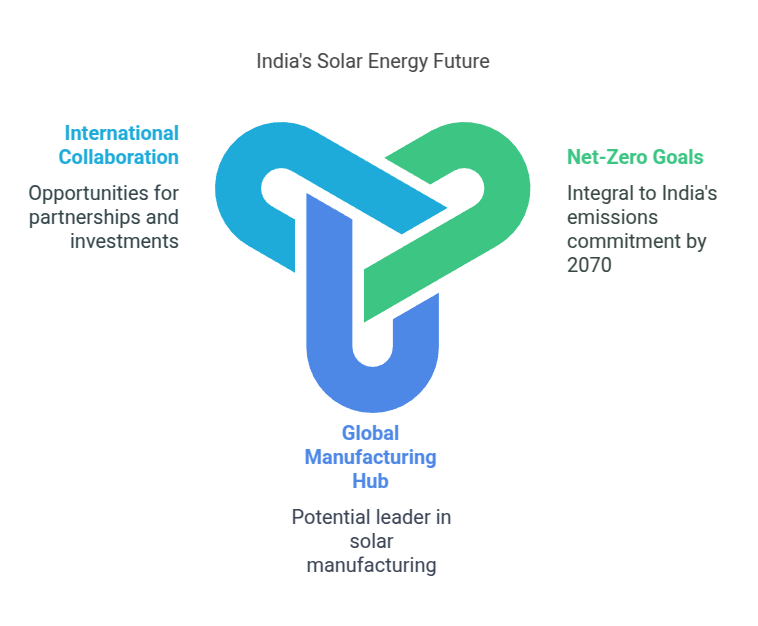
Hartek: Pioneering India’s Solar Revolution
Hartek Group has been at the forefront of India’s solar revolution, significantly contributing to the development of the renewable energy sector. As a leading EPC (Engineering, Procurement, and Construction) company, Hartek has successfully connected over 10 GW of solar power to the grid through its power system, transmission and distribution (T&D), and renewable EPC business units.
Transformative Role in Solar Grid Infrastructure
Hartek has been instrumental in building and maintaining robust solar grid infrastructure. The company has successfully commissioned over 7 GW of solar energy projects, enabling efficient power transmission and supporting India’s ambitious renewable energy goals.
Rooftop Solar Expertise
As one of India’s top rooftop solar EPC players, Hartek has installed over 100 MW of rooftop solar solutions across India. These projects cater to industries, commercial establishments, and residential consumers, empowering them to embrace clean energy while reducing their electricity costs.
Commitment to Sustainability and Innovation
Hartek’s focus on innovation extends to incorporating advanced technologies like smart grid solutions and energy storage systems. These initiatives not only enhance the efficiency of solar power projects but also ensure long-term sustainability.
Hartek’s contributions demonstrate the vital role of private enterprises in realising the future of solar energy in India, complementing government efforts with cutting-edge solutions and expertise.
Conclusion
India’s solar energy journey is a testament to its commitment to sustainability and innovation. With the active participation of industry leaders like Hartek Group and supportive government policies, the future of solar power in India looks promising. By addressing challenges and leveraging technological advances, India is poised to become a global leader in renewable energy, setting an example for the world.
Frequently Asked Questions
-
Why is solar energy important for India’s future?
Solar energy helps India achieve energy security, reduce carbon emissions, and meet its goal of 500 GW renewable capacity by 2030. -
What is India’s current solar energy capacity?
As of October 2024, India has installed 92.12 GW of solar power, contributing significantly to its renewable energy expansion. -
How is technology improving solar energy efficiency?
Innovations like bifacial solar panels, AI-based grid management, and battery storage improve efficiency and reliability in solar power generation. -
What role does the PM-KUSUM scheme play in solar adoption?
PM-KUSUM promotes solar-powered irrigation, helping farmers reduce diesel dependence and earn by selling surplus solar power. -
How is Hartek Group contributing to India’s solar growth?
Hartek has installed over 10 GW of solar power, developed solar grid infrastructure, and leads in rooftop solar EPC solutions across India.

